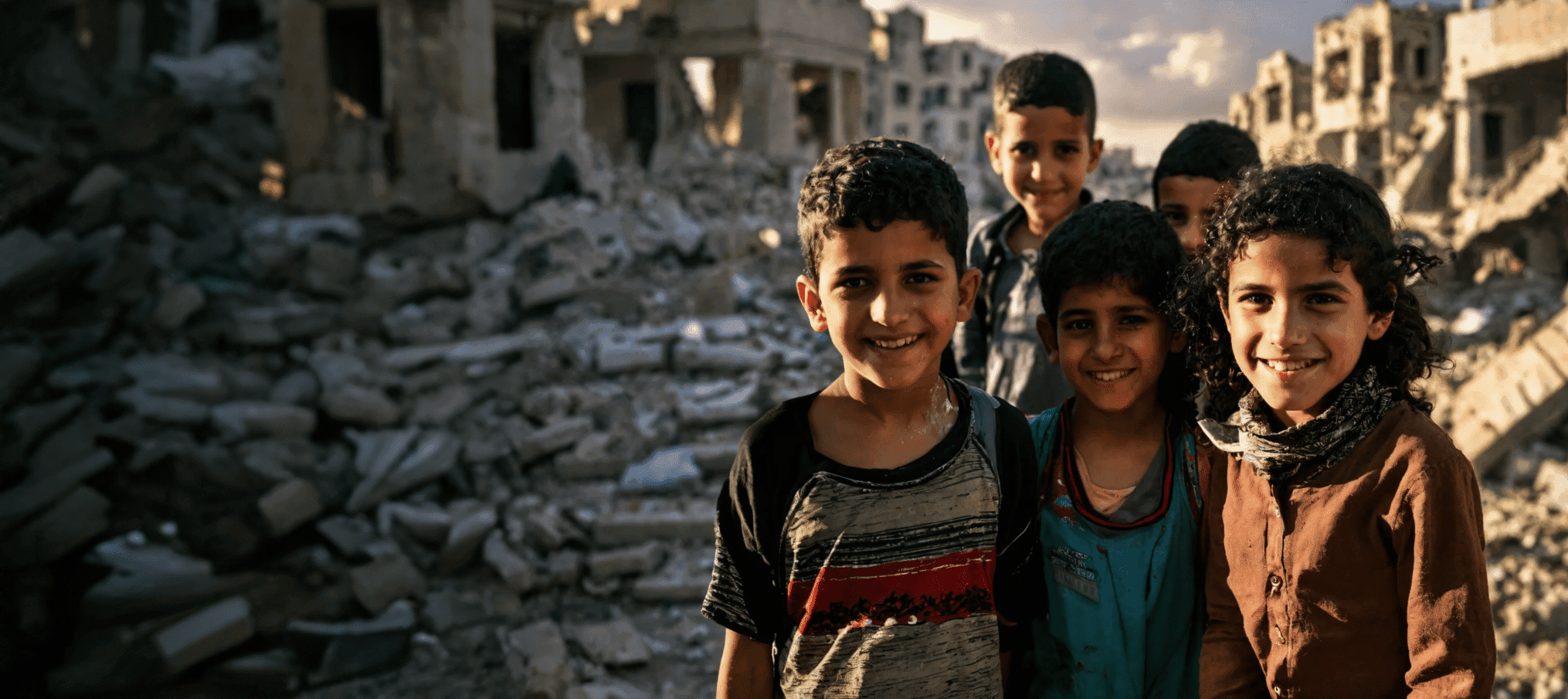Turning obstacles into opportunities. How the Pro Terra Sancta Network reacted to the coronavirus pandemic.
Pro Terra Sancta
\
News
\
Turning obstacles into opportunities. How the Pro Terra Sancta Network reacted to the coronavirus pandemic.


Donate Now
Support cultural, educational, and training activities
50.00$
80.00$
100.00$






Donate Now
Friend Sites










